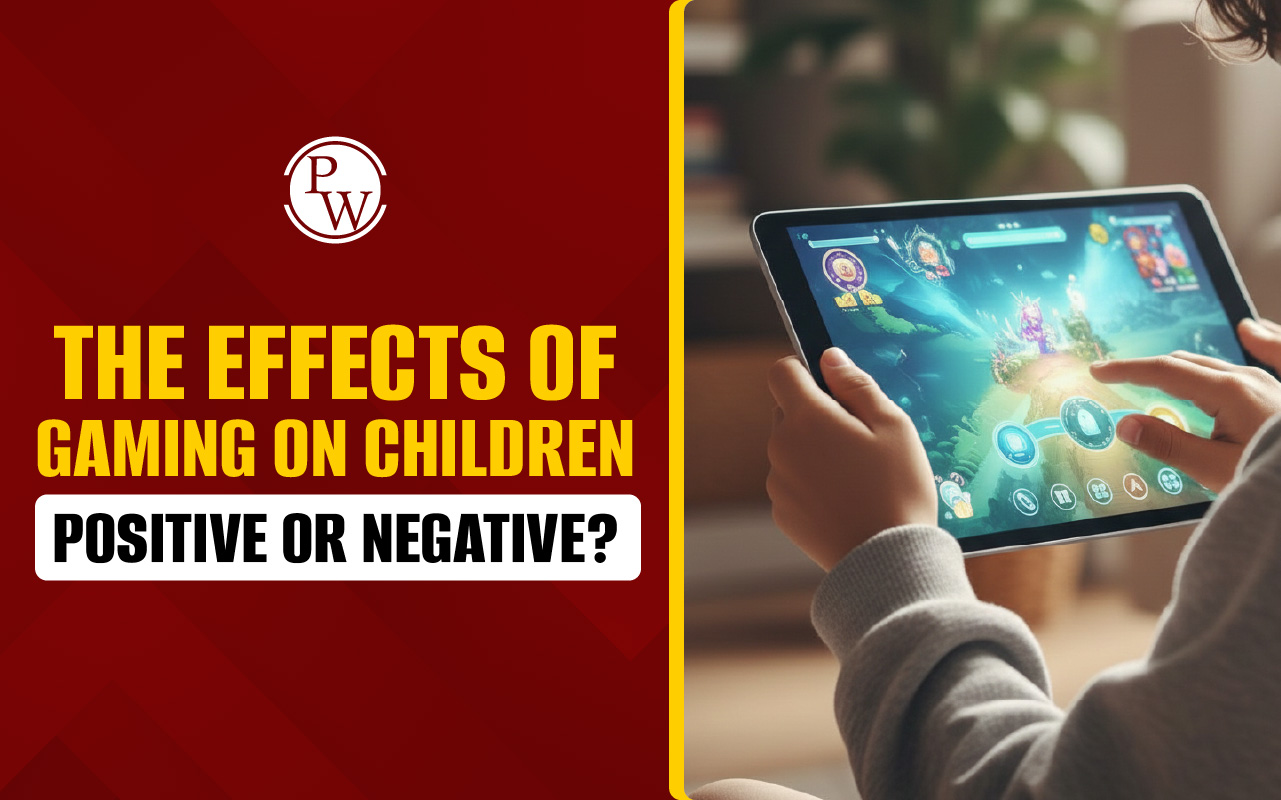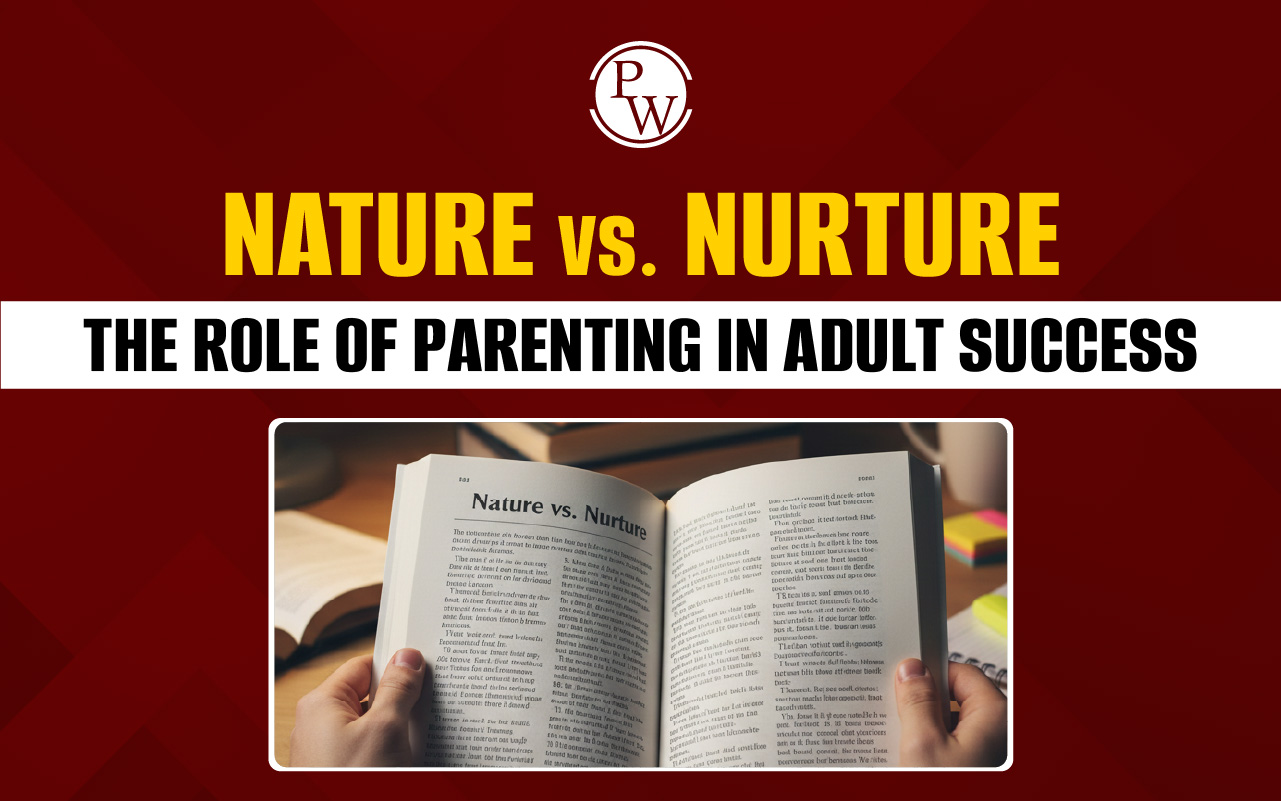
Types of IELTS Film Vocabulary: In the IELTS exam , a strong knowledge of film vocabulary is essential for scoring well in the speaking and writing sections. Mastering different types of IELTS film vocabulary can help you express your opinions clearly and accurately. The IELTS vocabulary for films helps in discussing plot twists, character development, cinematic techniques, and understanding the key terms used in film. Let us explore various types of IELTS film vocabulary, along with examples, and how you can effectively use this language to enhance your performance in the exam.
Introduction to Film Vocabulary in IELTS
The topic of films and movies is quite common in the IELTS exam. You may be asked to discuss your favorite movie, give opinions on genres, or analyze the role of cinema in society. Whether you're responding to a IELTS Speaking Part 2 task or writing an essay in IELTS Writing Task 2, it’s important to be familiar with relevant terminology. This guide will categorize and explain different types of film vocabulary, along with examples, so you can boost your IELTS score by using more precise and varied language.Types of Films and Genres Vocabulary
One of the easiest ways to talk about films is by referencing their genre. Here's a table of common film genres and their definitions, which will help you expand your vocabulary.| Genre | Definition |
|---|---|
| Action | Films characterized by fast-paced sequences, physical stunts, and high energy. |
| Comedy | Films intended to make the audience laugh through humor and satire. |
| Drama | Serious films that portray realistic characters, emotional themes, and conflicts. |
| Horror | Films designed to scare, frighten, or shock the audience with terrifying elements. |
| Science Fiction | Films based on futuristic concepts, space exploration, and advanced technology. |
| Documentary | Non-fiction films that provide factual information about a specific topic. |
| Romance | Films that focus on love and romantic relationships. |
| Fantasy | Films involving magical elements, supernatural phenomena, or imaginary worlds. |
| Thriller | Films filled with suspense, tension, and excitement. |
| Animation | Films created using drawn, digital, or computer-generated imagery. |
Also Check:
- IELTS Sample Charts for Writing Task 1
- Types of IELTS Writing Task 1 Questions
- Mastering IELTS Writing Task 1 Line Graph Model for Band 9
Examples of usage:
- "My favorite genre is science fiction because I enjoy films that explore futuristic technology and space travel."
- "I recently watched a comedy that had me laughing from start to finish."
Read:- Importance of Vocabulary in Acing IELTS
Using genre-specific vocabulary in your IELTS Speaking or Writing sections can make your responses more relevant and detailed.Film Production Vocabulary
Another important category of film vocabulary is related to the production process. Knowing terms associated with filmmaking can help you discuss how movies are made or provide a more thorough analysis in your responses.| Term | Definition |
|---|---|
| Director | The person responsible for overseeing the creative aspects of the film. |
| Producer | The person responsible for the financial and administrative aspects of the film. |
| Cinematography | The art of capturing the visual elements of a film, including lighting and camera work. |
| Screenplay | The script of a movie, including dialogue and instructions for the actors. |
| Editor | The person responsible for assembling and editing the film footage. |
| Soundtrack | The music composed or selected to accompany the film. |
| Special Effects (SFX) | The illusions or tricks used to create visual effects in films. |
| Post-production | The phase after filming, where the film is edited, and special effects and sound are added. |
| Casting | The process of selecting actors to play roles in the film. |
| Costume Design | The designing and creation of costumes worn by actors. |
| Essential IELTS Vocabulary Related Pages | |
|---|---|
| IELTS Work Vocabulary | IELTS Map Vocabulary |
| IELTS Family Vocabulary | IELTS Sports Vocabulary |
Examples of usage:
- "The director did an excellent job in bringing the story to life through powerful performances and stunning cinematography."
- "I was impressed by the film’s special effects , especially during the action sequences."
Descriptive Film Vocabulary: Plot, Characters, and Themes
In the IELTS exam, you might be asked to describe a film or talk about its characters and themes. Knowing how to describe these elements effectively will help you give more detailed responses.| Term | Definition |
|---|---|
| Plot | The sequence of events or storyline in a film. |
| Character | A person, animal, or figure represented in a film. |
| Protagonist | The main character or hero of the story. |
| Antagonist | The character who opposes the protagonist, often the villain. |
| Climax | The most intense or exciting point of the film’s plot. |
| Resolution | The conclusion or outcome of the film’s story. |
| Theme | The central topic or message explored in a film. |
| Setting | The time and place in which the film’s story takes place. |
| Narrative | The structured account of a film’s story, often told from a specific perspective. |
| Dialogue | The spoken interaction between characters in a film. |
Examples of usage:
- "The film’s protagonist embarks on a journey of self-discovery, facing various challenges posed by the antagonist ."
- "The theme of the film revolves around friendship and loyalty, which is conveyed through the character interactions."
Describing Film Reviews and Critiques Vocabulary
At times, you might be asked to evaluate or give your opinion about a film. Knowing the right vocabulary to critique or review a film is essential for expressing your ideas more effectively in IELTS Speaking or Writing.| Term | Definition |
|---|---|
| Critique | A detailed analysis or assessment of a film’s strengths and weaknesses. |
| Blockbuster | A highly successful and popular film, often with large box office earnings. |
| Flop | A film that fails commercially or critically. |
| Cinematography | The visual quality of the film, including camera work and lighting. |
| Pacing | The speed at which the story unfolds, either quickly or slowly. |
| Screenplay | The quality of the writing in the film’s script. |
| Soundtrack | The impact of the music and sound in contributing to the film’s atmosphere. |
| Character Development | The process by which characters grow and change over the course of the film. |
| Visual Effects | The use of special effects to enhance the film’s visuals. |
| Cliché | An overused or predictable element in a film that lacks originality. |
Examples of usage:
- "The film’s pacing was slow, which made the story feel dragged out in the middle."
- "Although the film had great visual effects , the screenplay lacked originality and felt like a cliché ."
Commonly Used Adjectives for Describing Films
In addition to the film-specific vocabulary, using a range of adjectives will help you describe films in a more vivid and engaging manner. Here’s a list of adjectives you can use:| Adjective | Meaning |
|---|---|
| Gripping | Very exciting and holds your attention throughout. |
| Thought-provoking | Makes you think deeply about certain themes or issues. |
| Heartwarming | Evokes a warm and positive feeling. |
| Suspenseful | Filled with tension and keeps you on the edge of your seat. |
| Hilarious | Extremely funny and entertaining. |
| Intense | Strong in emotion or atmosphere, often leading to a climactic moment. |
| Predictable | Easily guessed or lacks surprise. |
| Inspirational | Motivates or uplifts the viewer. |
| Disturbing | Causes discomfort or unease. |
| Visually stunning | Beautiful or impressive to look at. |
Examples of usage:
- "The film was gripping from start to finish, with a plot that kept me on the edge of my seat."
- "The documentary was thought-provoking , leaving me with a new perspective on the subject."
How to improve IELTS speaking score
Film-related Questions Asked in the IELTS Speaking Test
Here are some example IELTS Speaking questions and how to use the vocabulary we've covered:Question 1: What is your favorite movie genre and why?
Answer: "My favorite genre is drama because I enjoy films that focus on realistic characters and emotional themes. They often present complex storylines that deal with real-life issues, and I find them to be the most thought-provoking ."
Question 2: Describe a film you have recently watched.
Answer: "I recently watched a blockbuster action movie. The cinematography was excellent, and the special effects were visually stunning. The plot had a lot of suspense, and the protagonist was well-developed. However, I felt that the pacing was a bit too fast, which made it hard to follow at times."
Also Check:
Incorporating a variety of film vocabulary into your IELTS preparation can significantly improve your performance, particularly in the Speaking and Writing sections. By understanding the different types of film terminology—ranging from genres to production, plot, and review terms—you can respond to film-related questions more effectively. Make sure to practice these words in real contexts to build confidence and fluency. Mastering film vocabulary not only demonstrates your ability to engage with specific topics but also showcases your wider command of English, ultimately helping you achieve a higher band score.PW IELTS Course
The goal of PW IELTS coaching is to help students get a high band score. The goal of PW IELTS coaching is to help students improve their English language abilities so they may work or seek further education in English-speaking countries. Physics Wallah's proficient teachers can assist students in improving their English language skills in IELTS online sessions. PW provides academic IELTS teaching and general training.Types of IELTS Film Vocabulary</span><span style=
Q1. What is IELTS Film Vocabulary?
Q2. How can I use film vocabulary in IELTS Speaking?
Q3. Why is it important to know film vocabulary for IELTS?
Q4. What are some examples of IELTS film vocabulary?
Q5. Can film vocabulary be used in IELTS Writing Task 2?










